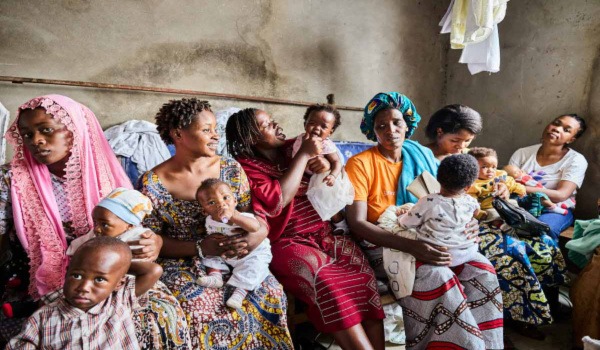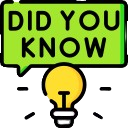inequality
Global inequality reflects vast disparities in wealth, education, healthcare, and opportunity across nations and communities. It stems from historical injustices, economic systems, and policy failures, perpetuating poverty and limiting progress for billions worldwide.
The Promise of Equality
Consider these declarations made by human authorities—
“We hold these truths to be self-evident—that all people are created equal, that they are endowed by their Creator with certain unalienable rights—among these are life, liberty, and the pursuit of happiness.”
—Declaration of Independence, adopted by the United States in 1776.
“All people are born free and equal in rights.”
—Declaration of the Rights of Man and of the Citizen, adopted by France’s National Assembly in 1789.
“All human beings are born free and equal in dignity and rights.”
—Universal Declaration of Human Rights, adopted by the United Nations General Assembly in 1948.
A Universal Desire
There’s no denying it—the longing for equality is deeply rooted in the human spirit. Yet, the fact that declarations of equality have echoed through centuries only highlights a painful truth: genuine equality remains elusive.
Has Anything Truly Changed?
As we edge deeper into the 21st century, could anyone honestly claim that equality has been achieved? Do the citizens of the United States, France, or any of the 185 nations in the United Nations truly enjoy the equal rights they were said to be born with?
The notion that equality is “self-evident” may sound noble, but the reality is far more complex. Rights to life, liberty, and the pursuit of happiness are not distributed evenly.

Or take education—about one third of boys and two thirds of girls in India will grow up illiterate. Meanwhile, in countries like Japan, Germany, and Britain, nearly every child receives an education. Is that liberty or the pursuit of happiness?
The Stark Contrast
Can people in Central America, where the average income is $1,380, truly enjoy the same dignity and rights as those in France, where the average income is $24,990?
What about the African baby girl born with a life expectancy of 56 years? How does her future compare to that of a North American baby girl expected to live 79 years?
The Many Faces of Inequality
Inequality wears many masks, and none of them are pleasant. Disparities in living conditions, healthcare, and education are just the beginning. Political, racial, and religious divisions often strip people of their dignity and freedom.
Despite centuries of declarations and promises, inequality remains a global scourge—a source of deep suffering. Poverty, illness, ignorance, joblessness, and discrimination continue to pierce the heart of humanity under human governments. Failing human governments breed corruption, ignore citizens’ needs, mishandle crises, erode trust, and deepen inequality, destabilising societies worldwide.
What does the Bible say?

“The Bible teaches love, justice, mercy, faith, and redemption through God’s grace, guiding humanity toward spiritual truth and moral living.“
“God is not partial, but in every nation the man who fears him and does what is right is acceptable to him.”
—Acts 10:34, 35
“There is neither Jew nor Greek, there is neither slave nor free, there is neither male nor female, for you are all one in union with Christ Jesus.”
—Galatians 3:28
“He will wipe out every tear from their eyes, and death will be no more, neither will mourning nor outcry nor pain be anymore. The former things have passed away.”
—Revelation 21:4
A Beautiful Ideal, A Painful Reality
“All people are created equal.” It’s a stirring ideal—one that has inspired generations. But how heartbreaking that the world we live in tells a very different story.

